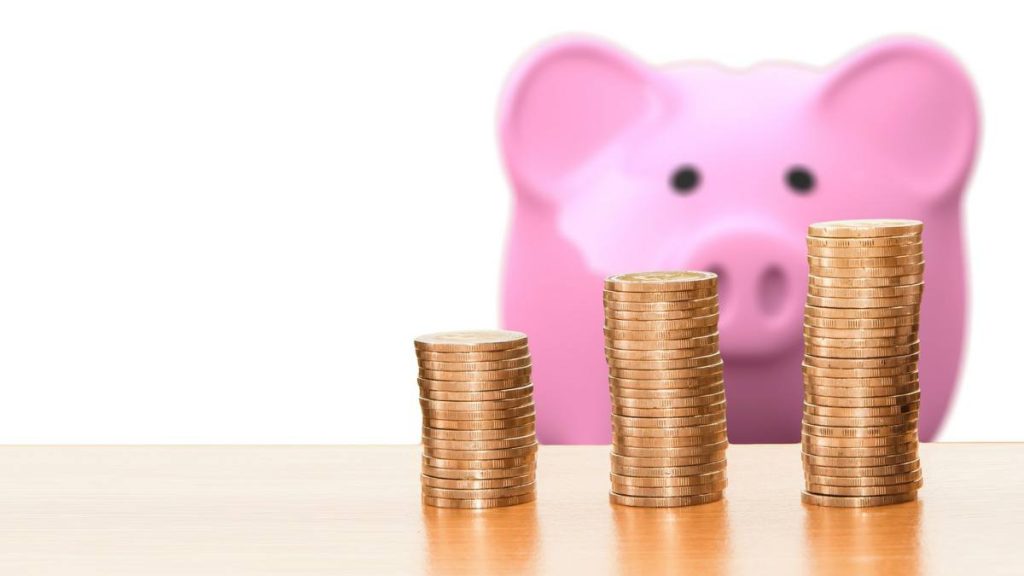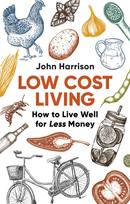Frugal living is becoming a more widely appreciated lifestyle choice, and for many good reasons. It helps people to live more fulfilling and less stressful lives, as well as teaches people the power and significance of money management.
 A widely recommended feature of frugal living and life in general, as supported by many from the budgeting and debt-free communities, is the idea of an emergency fund. You may be unaware of what this is or maybe you just don’t understand how it applies to the idea of frugal living. Fortunately, you’ve come to the right place because below we run you through everything you need to know.
A widely recommended feature of frugal living and life in general, as supported by many from the budgeting and debt-free communities, is the idea of an emergency fund. You may be unaware of what this is or maybe you just don’t understand how it applies to the idea of frugal living. Fortunately, you’ve come to the right place because below we run you through everything you need to know.
What is an emergency fund?
An emergency fund is a very simple yet effective concept. It’s basically a fund or pot of money that you gather to put to one side for, as the name suggests, emergencies. You may have heard the term “rainy day fund” which is essentially the same thing. It’s an idea that goes hand in hand with budgeting and good money management methods.
It shouldn’t be touched unless absolutely necessary, and when the only other alternative is to plunge yourself into debt. You can keep as much as you like in an emergency pot, but some choose to just keep gradually building it by depositing a little bit each month. But how does it help frugal living?
Why it’s essential for frugal living
An emergency pot is a fundamental feature that can help you to achieve financial stability – which is one of the main ambitions and benefits of frugality. It does this by allowing you to ride out life’s little (and big) bumps, whether that be suddenly needing a new set of car tyres, having a boiler emergency or needing dental treatment if you don’t have dental insurance. Your emergency fund is essentially a financial safety cushion that helps you to cover unexpected costs without using credit or debt.
Frugal living is all about reducing money stresses and worries, and an emergency fund is central to doing this too. Where emergency costs would cause panic and stress in anyone unprepared or in an unfortunate financial position, those with an emergency fund can rest a little easier because they have a pot of money to cover this expense which they can repay themselves without the threat of interest and strict repayments.
If you don’t have an emergency fund already, it is highly recommended so long as you don’t have any other short terms debts to pay off first. Start putting money aside and you’ll soon see your financial worries reduced significantly!

